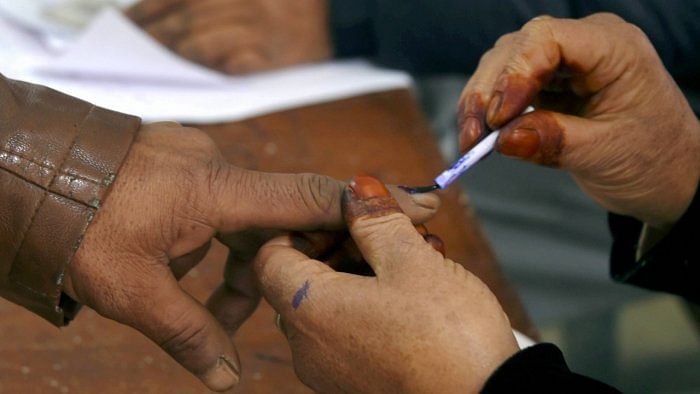
The Organisation of Islamic Cooperation (OIC) on Monday expressed “deep concern” over delimitation of assembly constituencies in the union territory of Jammu and Kashmir (J&K) in India, prompting New Delhi to sharply react, asking the bloc to refrain from pursuing its communal agenda.
The OIC expressed concern over the move to redraw the electoral boundaries in J&K, now a union territory of India. The 57-nation bloc accused the Government of India of altering the demographic structure of J&K and violating the rights of the Kashmiris.
Also Read | Explained | What J&K delimitation means
It echoed Pakistani Foreign Minister Bilawal Bhutto’s statement that the delimitation exercise carried out in J&K by India was “illegal and in contravention of the relevant United Nations Security Council resolutions”. Pakistan’s Parliament also adopted a resolution “rejecting” the delimitation exercise in J&K by India.
"We are dismayed that the OIC Secretariat has once again made unwarranted comments on the internal affairs of India,” Arindam Bagchi, the spokesperson of the Ministry of External Affairs, said in New Delhi.
“As in the past, the Government of India categorically rejects the assertions made by the OIC Secretariat on the Union Territory of J&K which was an integral and inalienable part of India. (The) OIC should refrain from carrying out its communal agenda vis-à-vis India at the behest of one country,” he said, avoiding directly referring to Pakistan.
The Delimitation Order for the Union Territory of Jammu and Kashmir was notified on May 5 last. The J&K Reorganization Act 2019 provides for raising the number of seats in the Legislative Assembly of the union territory of J&K from 107 to 114, with 24 seats to be reserved for India's territory in J&K currently under illegal occupation of Pakistan.
So, the Delimitation Commission redrew the boundaries of the remaining 90 constituencies, raising the number from 83. Six of the seven new constituencies were added to Jammu, while Kashmir has got one. Nine assembly constituencies were reserved for Scheduled Tribes for the first time in the history of J&K – six are in Jammu and three in Kashmir. Seven constituencies have been reserved for Scheduled Castes.
Also Read | J&K elections: Prospects of a BJP CM
New Delhi has been accusing the OIC of allowing itself to be used by Pakistan to malign India.
India, unlike Pakistan, is not a member of the OIC, which calls itself the “collective voice” of 1.8 billion Muslims of the world. But, Sushma Swaraj, the then External Affairs Minister, had attended the 46th meeting of the OIC Council of Foreign Ministers in Abu Dhabi in March 2019 as a guest of honour on an invitation by the host of the conclave and her United Arab Emirates counterpart Sheikh Abdullah bin Zayed Al Nayhan.
The invitation had been seen as a major diplomatic success for New Delhi as Pakistan had always used the OIC as a forum to slam India on the issue of Kashmir, particularly on the alleged violation of human rights by security forces in Kashmir.
But just a day after Swaraj’s address to the OIC Foreign Ministers, the bloc had again issued a statement, toeing Pakistan’s line and criticizing India on the issue of J&K.
